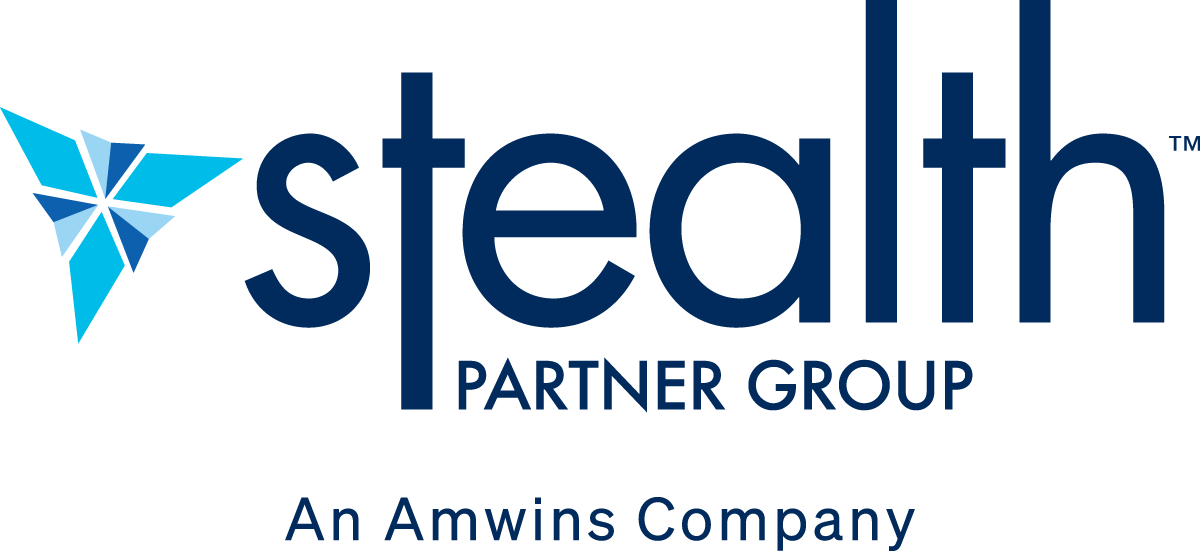Medical Stop Loss 101
 Stealth Partner Group is appointed by insurance companies that provide medical stop loss/excess loss insurance for self-funded health plans. We work through brokers, consultants and TPA’s who have self-funded clients to help address the critical stop loss component of their plan.
Stealth Partner Group is appointed by insurance companies that provide medical stop loss/excess loss insurance for self-funded health plans. We work through brokers, consultants and TPA’s who have self-funded clients to help address the critical stop loss component of their plan.
Although self-funded health plans have been around for years, many employers are unfamiliar with their benefits. We offer this short introduction to some of the concepts that are part of self-funding a group medical plan.
An Overview
In a self-funded group health plan the employer/plan sponsor manages and controls the benefits of its employees instead of an insurance company. In classic group health plans (called fully-insured plans) an employer will pay a set amount per month or year to an insurance company who will then assume the risk and responsibility for claims payment.
A self-funded (or self-insured) group health plan is one in which the employer/plan sponsor essentially becomes the insurance company. The employer/plan sponsor pays for each health claim as presented instead of paying a fixed deposit premium to an insurance carrier. Typically, a self-insured employer establishes a fund to hold monies from employer and employee contributions. Claims are paid from that fund.
Self-funding is an alternative to paying fixed premiums for group health insurance. Typical plans can include coverage for medical, dental, vision or short-term disability. Self-funding gives the employer the ability to tailor coverage for its needs. The employer only pays for actual employee claims, avoiding the (typically) higher premium charged by insurance companies for fully insured plans, eliminating insurance company profit margins.
Advantages of self-funding may include:
- Lower overall costs, measured over several years.
- Improved cash flow: the employer controls payroll deductions and other monies paid into the health plan – not an insurance company.
- No "pre-payment" for coverages / Claims funded as presented.
- Lower administration costs.
- Easier plan customization.
- Greater choice in provider networks.
- Regulated under Federal (ERISA, HIPAA, COBRA, etc.) and not state law. Avoid costly state-mandated benefits.
- Not subject to interstate jurisdictional differences.
- Not subject to state health insurance premium taxes.
Medical Stop Loss
Although an employer may be able to forecast "normal" claims experience reasonably accurately, it is far more difficult to predict the occurrence of less frequent, catastrophic claims such as multiple premature births, organ transplant and debilitating diseases. Often, the cost of claims associated with these conditions are extremely high. To protect plan assets from these infrequent, high cost claims, employers will purchase stop loss insurance.
Stop loss insurance (also called excess loss insurance and sometimes reinsurance) provides protection against catastrophic or unpredictable costs. Under a stop loss policy, the insurance company reimburses the employer for legitimate health claims that exceed certain limits.
Medical stop loss insurance comes in two forms: specific and aggregate.
Specific (also called individual) stop loss is the form of excess risk coverage that provides protection for the employer plan against a high claim on any one individual. Specific stop loss protects the employer against catastrophic claims by single individuals that exceed a dollar limit (the specific deductible) chosen by the employer.
A specific deductible is based on an employer's size and risk tolerance and can range from $25,000 to $350,000 or more. Once the specific deductible is satisfied the employer is eligible to be reimbursed for additional ("excess") costs.
Aggregate stop loss provides a ceiling on the total dollars that an employer will pay during a year. The insurer reimburses the employer after the end of the year for total claims above a determined amount.
Specific and aggregate stop loss coverages are often purchased together. As employers become more comfortable with self-funding and become large enough to fund various levels of catastrophic claims, they will sometimes drop aggregate coverage.
